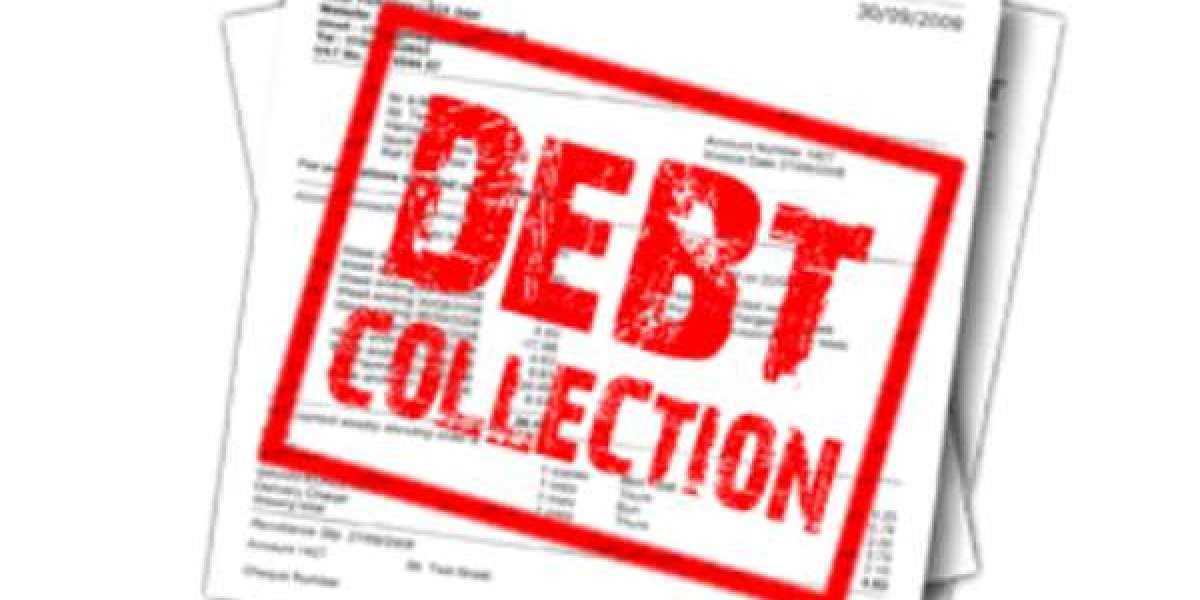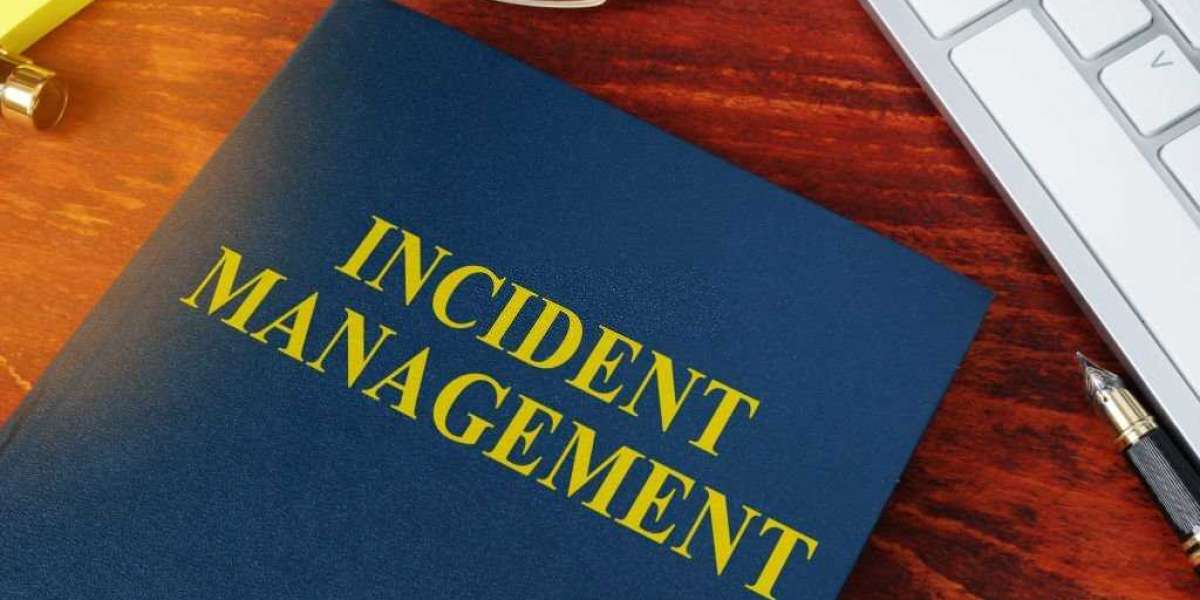Debt management collection refers to the process of actively pursuing the repayment of outstanding debts owed by individuals or businesses. It involves the systematic efforts to recover money that is owed to a creditor, often when the debtor has failed to meet the agreed-upon terms of repayment. Debt collection can be conducted by the original creditor or by third-party entities known as debt collection agencies.
Key elements of debt management collection include:
1. Communication:
- Debt collection typically begins with communication between the creditor or collection agency and the debtor. This communication can take various forms, including letters, emails, phone calls, or even in-person visits. The purpose is to remind the debtor of their obligation to repay the debt.
2. Verification of Debt:
- Debt collectors are generally required to provide written validation of the debt, including details such as the amount owed, the name of the original creditor, and the steps the debtor can take if they dispute the debt. This verification is often mandated by consumer protection laws.
3. Negotiation:
- Debt collectors may engage in negotiation with the debtor to reach a mutually acceptable arrangement for repayment. This could involve settling the debt for a reduced amount, setting up a structured repayment plan, or exploring other alternatives based on the debtor's financial situation.
4. Recordkeeping:
- Detailed records of communication, payment agreements, and any other relevant information are maintained throughout the debt management collection process. This documentation is important for legal compliance and may be crucial in the event of disputes.
5. Legal Action:
- If initial attempts to collect the debt are unsuccessful, creditors or collection agencies may escalate the matter by taking legal action. This could involve filing a lawsuit to obtain a court judgment, which may result in wage garnishment, asset seizure, or other means of debt recovery.
6. Compliance with Regulations:
- Debt collection activities are subject to various laws and regulations, such as the Fair Debt Collection Practices Act (FDCPA) in the United States or similar laws in other countries. Compliance with these regulations is crucial to protect the rights of debtors and avoid legal repercussions for the collector.
7. Ethical Practices:
- Ethical debt management collection practices involve treating debtors fairly, respecting their rights, and avoiding abusive or deceptive tactics. Ethical conduct is not only a legal requirement but also contributes to maintaining the reputation of the creditor or collection agency.
It's important to note that debt management collection can be a sensitive and challenging process, as it involves dealing with individuals or businesses facing financial difficulties. Effective communication, empathy, and adherence to legal and ethical standards are essential for successful debt collection while maintaining the integrity of the creditor and collection agency.



